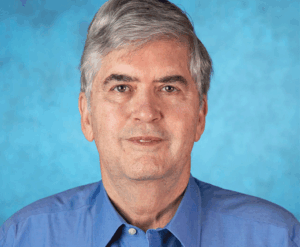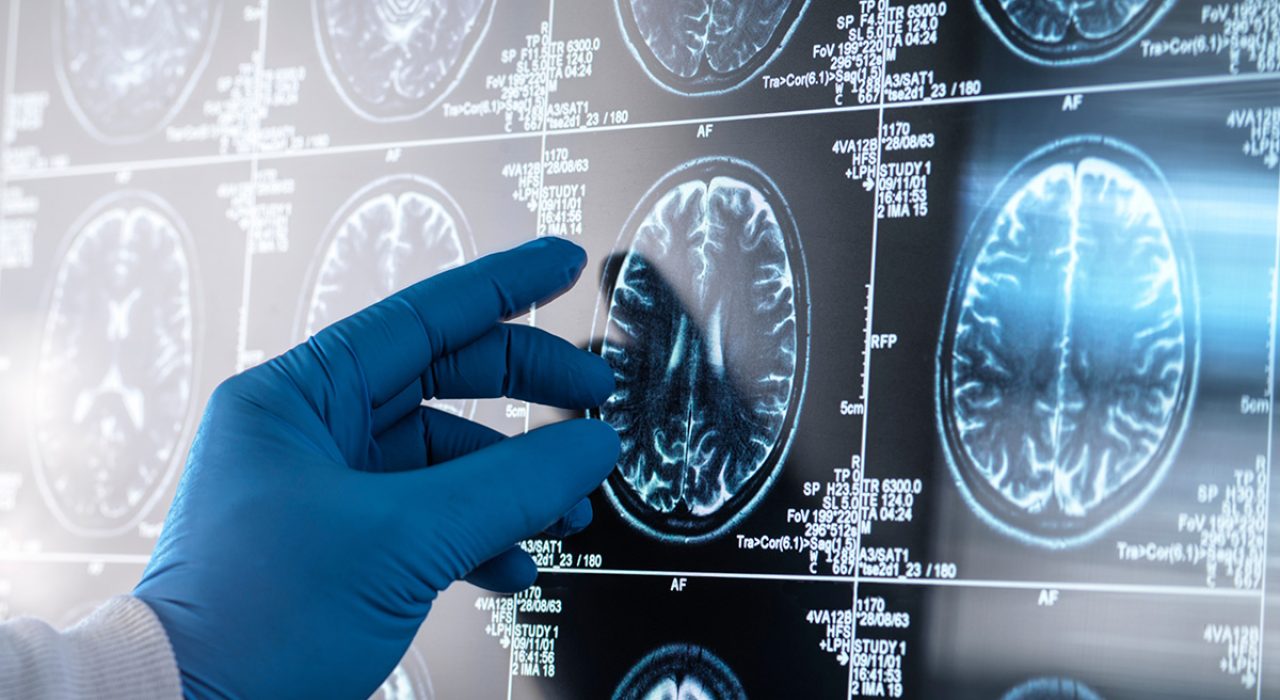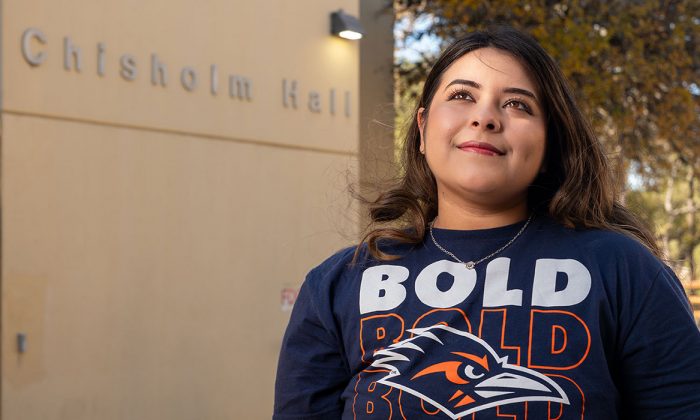A team of researchers at The University of Texas at San Antonio is working to standardize and consolidate vast quantities of health information on Alzheimer’s disease and related dementias.
The ambitious five-year project is called ReCARDO, for “Using Real-World Data to Derive Common Data Elements for Alzheimer’s Disease and AD-Related Dementias Research Through Ontological Innovation.”
Its goal is to translate the data already collected on the disease into a common language, enabling scientists around the world to explore causes, prevention and potential cures exponentially faster.
The primary obstacle hindering meta-analysis in the field today is the lack of data standardization, said George Perry, Semmes Foundation Endowed Distinguished University Chair in Neurobiology at UT San Antonio.

“We have an abundance of valuable data, but it’s all recorded in different languages,” he added. “If you go to one database, it’s collected in a different way versus another one, making it hard to compare the two.”
The ReCARDO team will tackle this hurdle by creating a universal set of Common Data Elements (CDEs) that will serve as a standardized, universal dictionary all researchers can use.
“This will allow us to finally pool and validate data across systems and get a clearer, more complete picture of how [Alzheimer’s disease] progresses at the population level, as well as what treatments actually work,” Perry said.
7 million Americans afflicted
The ReCARDO team hails from 10 institutions working together to create a data network with a shared language. That work will allow researchers to seamlessly combine, compare and validate data from different sources worldwide to drive discovery and treatment development.
The project is spearheaded by three UTHealth Houston principal investigators: GQ Zhang, PhD, vice president and chief data scientist; Hongfang Liu, PhD, vice president of learning health system, and Licong Cui, PhD, associate professor at McWilliams School of Biomedical Informatics.
Nine other institutions will support the project’s mission: UT San Antonio, Vanderbilt University, Mayo Clinic, Rush University, the University of Pennsylvania, Indiana University, the University of Washington, the University of Alabama at Birmingham and the University of Florida.
Perry will lead the UT San Antonio team with Germán Plascencia-Villa, associate professor of research, neuroscience, developmental and regenerative biology, and Morgan McCrea, a graduate student in the Perry Lab.
The project is supported by $27 million in funding from the National Institute on Aging, part of the National Institutes of Health.
Funding for the project comes as nearly 7 million Americans aged 65 and older grapple with Alzheimer’s disease and other forms of dementia. With no cure, researchers are urgently seeking new ways to turn real-world data, such as patient records and insurance claims, into robust real-world evidence.
Bridging the data gap
Making more data available can turbocharge discovery, said Perry. For example, since the launch of the Alzheimer’s Disease Neuroimaging Initiative, over 5,000 scientific papers drawing from its data have been published.
“That means you almost don’t have to do laboratory experiments,” Perry said. “An entire step can be skipped when you already have all these data.”
Perry is particularly interested in using the data to understand health disparities in Alzheimer’s disease occurrence, progression and patient outcomes.
Hispanic and African American people are at higher risk of developing Alzheimer’s disease, for example, and certain treatments appear to be less effective for Hispanic patients. But the reasons behind these health disparities are unknown.
Men and women also experience different trajectories of the disease, with men seeking more medical interventions than women, Perry said.
“These differences really need to be understood because it’s important, not just for these demographic groups — it’s important for everybody to understand. What are the factors that play a role? It could be socioeconomically driven, or it could be something else.”
Is it diet or pollution?
Perry also thinks ReCARDO’s data will make it easier to study environmental factors.
“There have been studies in the Amazon rainforest in Bolivia, and they essentially have no Alzheimer’s disease,” Perry said. “Is it related to diet? Is it related to pollution? Is it related to the way in which people started living a few hundred years ago?”
To answer those questions, scientists must conduct population-based studies, an effort that requires massive amounts of data, he said.
The researchers are using AI, machine learning and natural language processing techniques to analyze existing real-world data from electronic health records and Medicare claims.
They plan to develop common data elements across seven key areas, including demographics, disease characterization, biomarkers, genetics and genomics, treatment, health outcomes and social determinants of health. Researchers will be able to sort, drill down, extract data and even create custom databases, enabling novel, longitudinal studies.
Later this year, the team will launch a public resource called the ReCARDO Web Portal, where other researchers will be able to access the data and tools. The team hopes scientists around the world will use the portal to make significant breakthroughs in the field.



